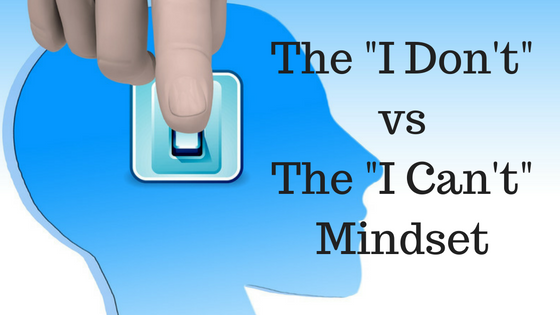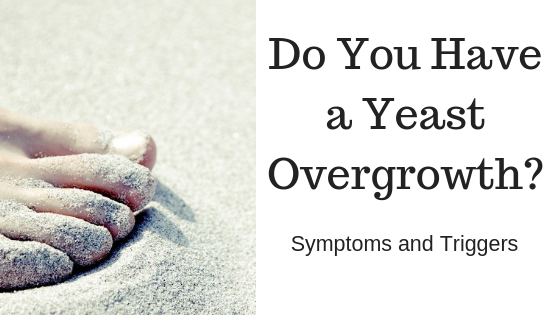I don’t know about you, but I find that it is much easier to show self restraint when it comes to living out an Orthodox Christian lifestyle, than it is if it’s just because I’ve decided to change my behaviors for other reasons. Not eating ice cream because it’s a fasting day? Easy. Not eating it because I know it’s not the healthiest thing out there? Not so easy. The Nativity Fast is the perfect time to pay attention to developing discipline. It will serve us in every area of our life, and all throughout the year.
Discipline enables us to achieve things that we never would have been able to without it. In my mind, it is a beautiful word, and I wonder why so many seem to buck against it. Whether it’s holding our tongue when relationship damaging words want to tumble out, or the means of achieving a personal or professional goal, discipline is the vehicle that transports us to our destination.
I believe it comes from mindset. To many people, it means deprivation or hard work. It can also mean an unfavorable consequence to an action, as when a child is disciplined. And yet, the rewards of discipline are worth it for children and adults alike.
So let’s talk about mindset. In a research study published in the Journal of Consumer Research, 120 students were split into two different groups. One group had to say “I can’t” when faced with temptation, the other had to say “I don’t.” After completing an exercise where they practiced these responses, they were faced with a snack opportunity. The “I can’t” group chose the unhealthy snack 61% of the time. The “I don’t” group chose the unhealthy choice 36% of the time. This really hit home for me when I think of two of my friends. One, when presented with dessert, will say “I don’t eat sugar.” Another friend says “I can’t eat sugar.” This is a great example. My “don’t” friend hasn’t had sugar is many years. My friend who “can’t” have it struggles…and fails continually. Both are trying to abstain for the same health and weight reasons. Our thoughts become our words, our words become our actions. It starts with mindset.
During the fast, we are presented with quite a few choices. Do we find ourselves saying that we can’t eat cheese, or that we choose not to eat cheese? That we have to go to an extra church service or that we want to go to that service? That we have to give more generously to others, or that we want to give more generously?
The discipline of changing our mindset will pay dividends long after the fast is over. It starts with being aware, and then being intentional about change if needed.
A great book to read during the fast, and even order as a Christmas gift is one I read often: Our Thoughts Determine our Lives: The Life and Teachings of Elder Thaddeus of Vitovnica.



